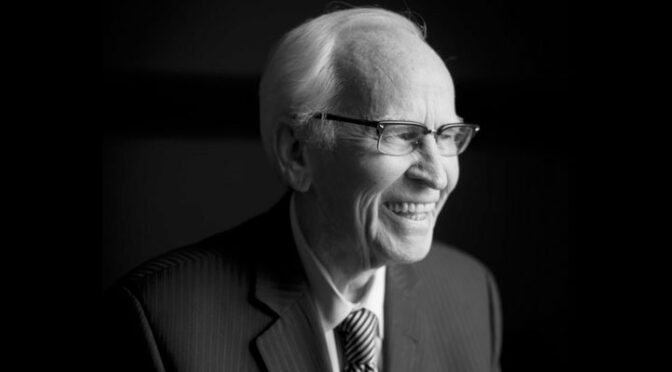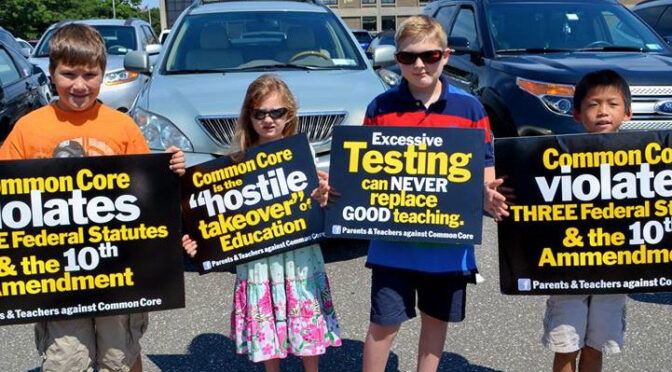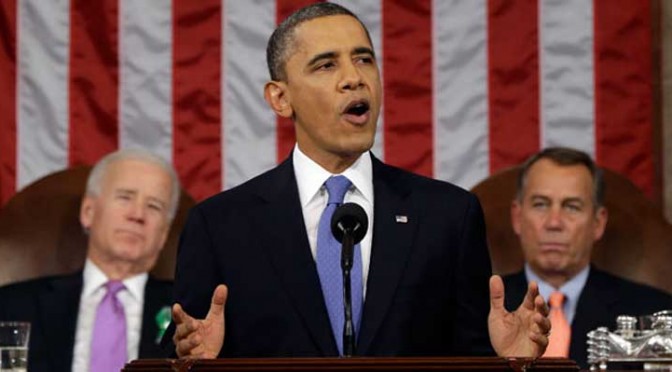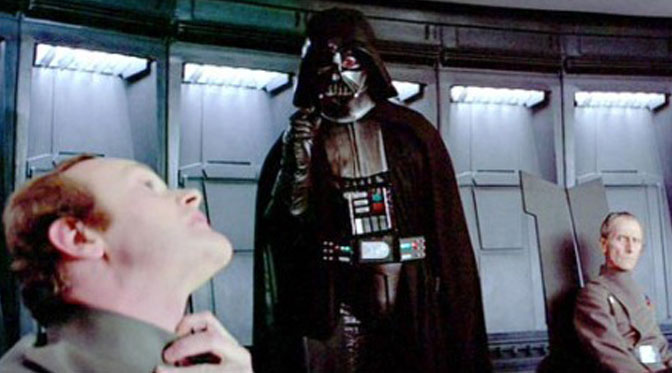Note: This Part 1 of a two-parter. You can read the conclusion here.
First, some background:
Firm pressure is coming from the FCC on all cell phone companies about this issue of not unlocking mobile devices (including a deadline backed by a threat of regulatory action by the FCC):
- On November 14, 2013, Tom Wheeler, chairman for the FCC, sent a letter to the president of the CTIA insisting on a voluntary policy of unlocking of all cell phones that meet certain requirements, such as a finished contract. You can read the letter on the FCC website.
- The letter states that the cell phone carriers ought to voluntarily establish a policy to unlock paid-for phones before the start of the December holiday shopping season or start facing regulatory action.
So, who or what is the CTIA?
- According to Sprint’s own site, the “CTIA is an international nonprofit membership organization that has represented the wireless communications industry since 1984. It also coordinates consumer information efforts that include voluntary industry guidelines.”
In response (about a month later) to the FCC’s insistence in the above letter, the major cell service providers announced they plan to [eventually] comply. The leading edge of the announcement pledges that they will “move quickly,” yet digging in reveals some sad notions about what those words mean to them. Hint: they want months to comply with some, but not all, of the provisions (and they get to choose which ones), and they want up to a year to comply with all of the provisions. That’s not my definition of “quickly.”
- As of December 12, 2013, a public release by CTIA stated in part, “We are pleased to announce AT&T, Sprint, T-Mobile, U.S. Cellular and Verizon Wireless agreed to adopt a voluntary set of six principles for unlocking of consumers’ mobile phones and tablets. We will recommend that this set of principles be included in the CTIA Consumer Code for Wireless Service, in accordance with CTIA’s bylaws. Once they have been adopted, the companies will move quickly to implement these principles.”
On Saturday, February 1, 2014, I spent over an hour on the phone (and on hold many times) with Sprint, eventually speaking to three different people, of which the second (Kimberly) and third (Maria) were those whose names I could understand well enough to include here.
First call:
The customer service rep quickly looked up my account by my old Sprint number, and verified my identity. I told her we had ported our numbers out due to Sprint’s refusal to work with us on lowering our monthly bill, and I asked if my final bill was paid and if the account was squared away. After putting me on hold several times, with me waiting long enough that the whole call was longer than about 15 minutes, she finally confirmed that the account was finalized; the last bill was paid, and we were square. I then told her that the iPhone 4s on the closed account, which was purchased and completely paid for, needed to be unlocked. Since the account was squared away, I requested her help with unlocking it. She told me she would be happy to help, and then she instantly hung up on me, and she never called back. This was not a “dropped call.” Whether intentionally or accidentally, she hung up on me.
Second call:
I called Sprint back, and got Kimberly. Kimberly was unable to find my record at all, even though I had been an excellent customer of Sprint’s for between 9 and 10 years. Even though the previous Sprint rep had found my account within seconds, this rep, Kimberly, said no records could be found matching the info I was giving. This went on for some time. I insisted until she finally elevated it to the attention of a supervisor, and after being on hold several times, with a combined waiting time of over 20 minutes, they finally “found” my account record. She then had me wait on hold while she verified the account was paid in full and finalized. She then offered to connect me to the Tech Team to get the phone unlocked.
Still on second call—holding for Tech Team, who never picked up:
After about another 10 minutes on hold, Kimberly finally came back on the line, and told me that the Tech Team was having high call volumes, and she asked me if I would please hang up, wait about a half an hour, and call them back directly. She gave me the direct number of the Tech Team. I told her that I had already waited on hold a long time, and that by her taking me out of their queue and speaking to me again, she had put me to the back of the line, and that if I hung up and called back, I would still be at the back of the line. I asked her to please put me back through to the Tech Team. She then put me on hold, and after another wait, she said the Tech Team would not be talking to me. She said the Tech Team told her to tell me that no iOS devices can be unlocked. I informed her that is patently false, and that other carriers unlock Apple iOS phone devices. (For proof that iOS devices can be unlocked, see Apple’s website.) Over the course of more holds and wait time, Kimberly told me several different stories, all obviously false, about why no iOS devices can be unlocked. I pressed her about the error of each story, and she then decided to get a superior on the line.
Still on second call—switching me to a superior:
Maria, the proclaimed superior of Kimberly, came into the conversation. She flatly claimed that iOS devices cannot be unlocked. I countered that they can be. [Just because iPhones are not unlocked via an MSL code (aka “unlock code”) does not mean they cannot be unlocked. See Apple’s website for proof.] She then claimed that they can only be unlocked for international travel. I explained why that is not true, and that we’re not discussing Sprint’s policy about travel or their desire to limit the phone to such, but the reality of what is right and doable and needs to be done. She then asked if I had updated the phone, seemingly (and amazingly), trying to hint or to pretend that legitimate iOS updates to the phone might possibly have something to do with their inability to unlock the phone. She stopped short of plainly making such a statement. She then said simply that they “cannot unlock iOS devices.” I told her that they can. She then actually claimed her refusal was based on a new policy that was just made earlier this month. (That is the exact opposite of the actual policy made only a few days ago). I tried to speak at that point, telling her that other carriers unlock iOS phones, that only Sprint seems to be this way, and she repeatedly attempted to interrupt, speaking while I was speaking, so that the call became rather tense. Eventually I was permitted to speak, but she was not budging.
Maria then had the gall to claim that they (Sprint), “used to be able to unlock iOS devices, but,” she said, “we have lost that info.”
I replied, “You cannot be serious.”
Maria actually said, “I am serious. We cannot unlock your phone.”
I told her that Sprint could indeed unlock it, and that she needed to connect me to someone who could help me get that done. I told her that if someone did not get the phone unlocked for me, my next communication would be with the FCC and the Attorney General (which I followed through with, later that night). I asked her if Sprint was determined to beg for a class action lawsuit.
She then told me she was going to, “have management call me back.”
I replied, “I thought you said you were management.”
She then said, with a pause before and during, “I am management, but—I am going to have the Legal Team call you back.”
No one called back that day. I somehow doubt anyone will.
Undeterred:
I have already spoken to another carrier that told me that an unlocked Sprint iPhone 4/4s was compatible with their network system, and so this issue is worth quite a bit of money to me. I will not give up. If Sprint does not help me get this device unlocked, I will persist in bugging their support staff until, in the end, Sprint will have wasted hundreds of dollars paid to its mal-trained, stubborn, and discourteous customer service reps, just in dealing with me alone. It would behoove Sprint to simply do right and unlock this phone.





































































































































































































































































































